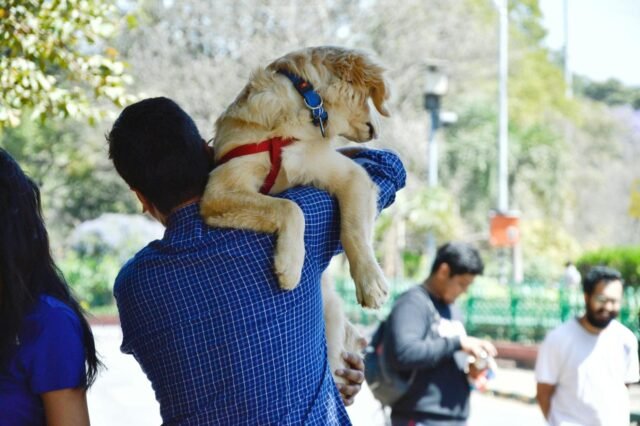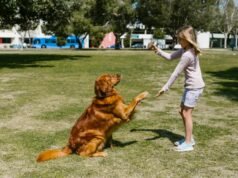
Socializing your puppy is one of the most important steps in raising a happy, well-adjusted dog. But a common question many pet owners ask is, when to start socializing puppy with other dogs. Socialization isn’t just about letting your puppy play with other dogs—it’s about helping them become comfortable and confident in various environments, around different animals, and with people of all ages. Starting at the right time can prevent fear, aggression, and anxiety in adult dogs.
Why Early Socialization Matters
Puppies go through a critical socialization period, usually between 3 and 14 weeks of age. During this phase, they are most receptive to new experiences. Introducing your puppy to other dogs during this window helps them learn proper canine communication, bite inhibition, and appropriate play behavior. Delaying socialization can make your dog fearful, aggressive, or overly shy around other animals later in life.
Socialization isn’t just about dogs; it also includes exposure to various sounds, environments, and people. However, interactions with other dogs play a special role in teaching your puppy body language, boundaries, and playful cues.
When to Start Socializing Puppy with Other Dogs
Most veterinarians and dog trainers recommend starting socialization once your puppy has received their first set of vaccinations, typically around 8 weeks of age. At this point, they are physically capable of handling safe interactions without being at high risk for contagious diseases like parvovirus or distemper.
However, before fully interacting with unfamiliar dogs, it’s crucial to introduce them gradually. Begin with calm, vaccinated dogs that are known to be friendly and gentle with puppies. Avoid high-energy or aggressive adult dogs until your puppy gains confidence. Short play sessions of 10–15 minutes are sufficient at first and can be gradually increased as your puppy becomes more comfortable.
Tips for Socializing Puppies Safely
- Start with Controlled Environments: Begin in your home or backyard before heading to public parks. Controlled spaces reduce overwhelming stimuli for your puppy.
- Observe Body Language: Watch for signs of stress or fear, such as tucked tails, crouching, or growling. Step in if your puppy seems overwhelmed.
- Use Positive Reinforcement: Reward calm and friendly interactions with treats and praise. This reinforces positive experiences.
- Avoid Overcrowded Dog Parks Early On: High-traffic dog parks can be overwhelming and increase stress or injury risk. Gradually expose your puppy to larger groups as they mature.
- Enroll in Puppy Classes: Puppy socialization classes provide structured environments with professional guidance, ensuring safe and positive interactions.
For more guidance, you can explore our guide on common dog behavioral issues, which includes tips for confident, well-adjusted puppies.
Benefits of Early Socialization
Proper socialization prevents behavioral problems such as fear-based aggression, excessive barking, and anxiety. Puppies exposed to other dogs learn to read signals like play bows, growls, and postures, which reduces conflicts later. They also become more adaptable to new environments, making vet visits, grooming, and travel less stressful.
Additionally, socialized dogs are more likely to be happy and balanced companions. Whether you have a family dog or plan to participate in dog sports, early socialization lays the foundation for a lifetime of positive interactions.
External Resources
For further reading, the American Kennel Club offers comprehensive advice on puppy socialization, which aligns well with these recommendations.
In conclusion, knowing when to start socializing puppy with other dogs can make a significant difference in your puppy’s lifelong behavior. Begin gradually around 8 weeks, prioritize safe and positive interactions, and consistently reward your puppy’s social successes. Early, thoughtful socialization ensures your dog grows into a confident, happy, and well-behaved companion.







